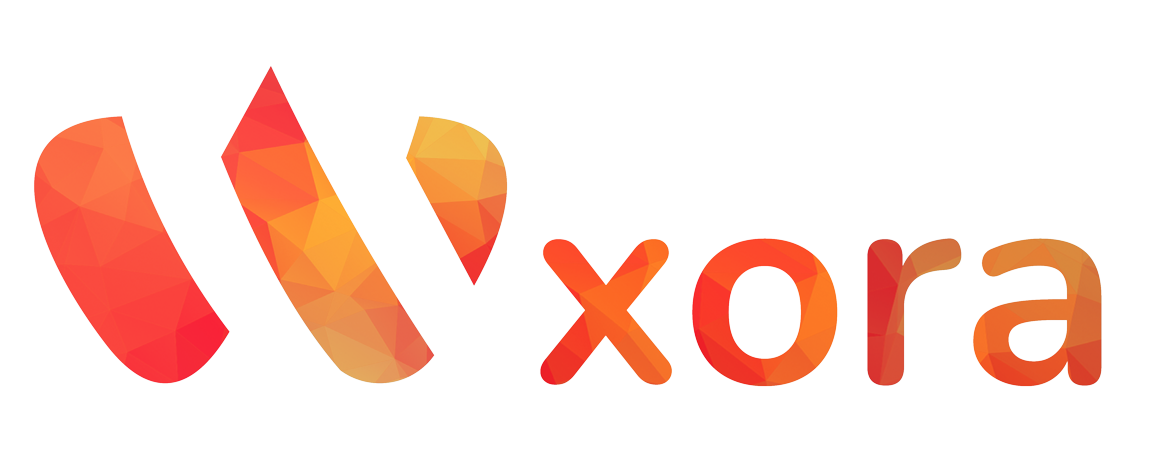Not every business has the same operations, and the more you scale your business the more it gets complicated.
Many seek solutions such as CRM, ERP and CMS to make their life easier.
However, if you are just starting on this journey, it can get a bit confusing with tons of those abbreviations thrown on the table with no practical meaning!
What do those letters mean? And how can it be of value to your business?
Also what kind of industry are you in? is it retail, manufacturing, service, construction, F&B or…?
I will be sharing the most relevant practical benefits of these tools and how to get the best outcome for your business.
Table of Contents
So What’s The Difference Between CRM, CMS, and ERP
Short Answer: CMS is something completely different than CRM & ERP application.
CMS: manages the structure and the content of the website.
CRM: manages your leads and customer and provides supportive tools to service this goal.
ERP: involves streamlining your operations in one place and reduces the fragmentation between various departments in your business.
So Which one is best for you? Well, what’s your goal?
First: Let’s Start with CMS
The following are the basic features of a CMS:
- Create & publish content.
- Store content in one place in a consistent fashion.
- Powerful workflow management between authors, editors and admin.
CMS Examples

While there are hundreds of CMS platforms, some of the more popular ones are listed below:
- Optimizely
- Drupal
- Joomla
- Magento
- ModX
- Squarespace
- Wix
- Weebly
- WordPress
What business operations does the CMS need to support?
It depends on how your business works. For example how many videos do you need to publish per day? Or how many blog posts do you write per day?
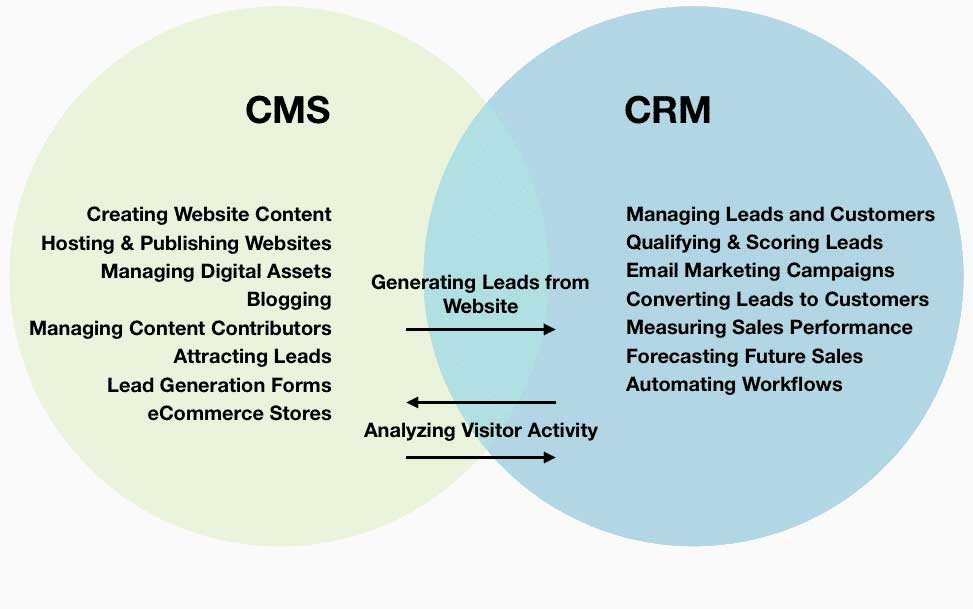
Second: CRM and What To Expect?
Almost everyone in business agrees that finding customers is not easy. And even after finding them comes a new challenge.
This challenge is maintaining and establishing strong relationships with customers.
The whole point of CRM is doing that and it makes sure to optimize, centralize and streamline your interactions with your customers.
I’m sure you are aware that CRM stands for Customer Relationship Management.
What makes a business growth accelerated is mainly due to how that business handles their customer base
But, let’s talk about the “R” in “CRM”.
Relationships are, by far, the most important part of the trendy acronym – CRM.
Why? The core essence of customer loyalty and satisfaction is the relationship between your business and their needs.
The reason over 80% of businesses adopts CRM systems is to enhance the quality and consistency of their communications and interactions with their customers.
This means that they want to improve their core business processes – managing contact information and streamlining their relations with customers.
According to Software Advice, the number one feature requested in CRM is contact management, followed by the ability to track and monitor customer interactions (e.g add to cart, email view, purchasing channel, etc) and schedule tasks and set up reminders.
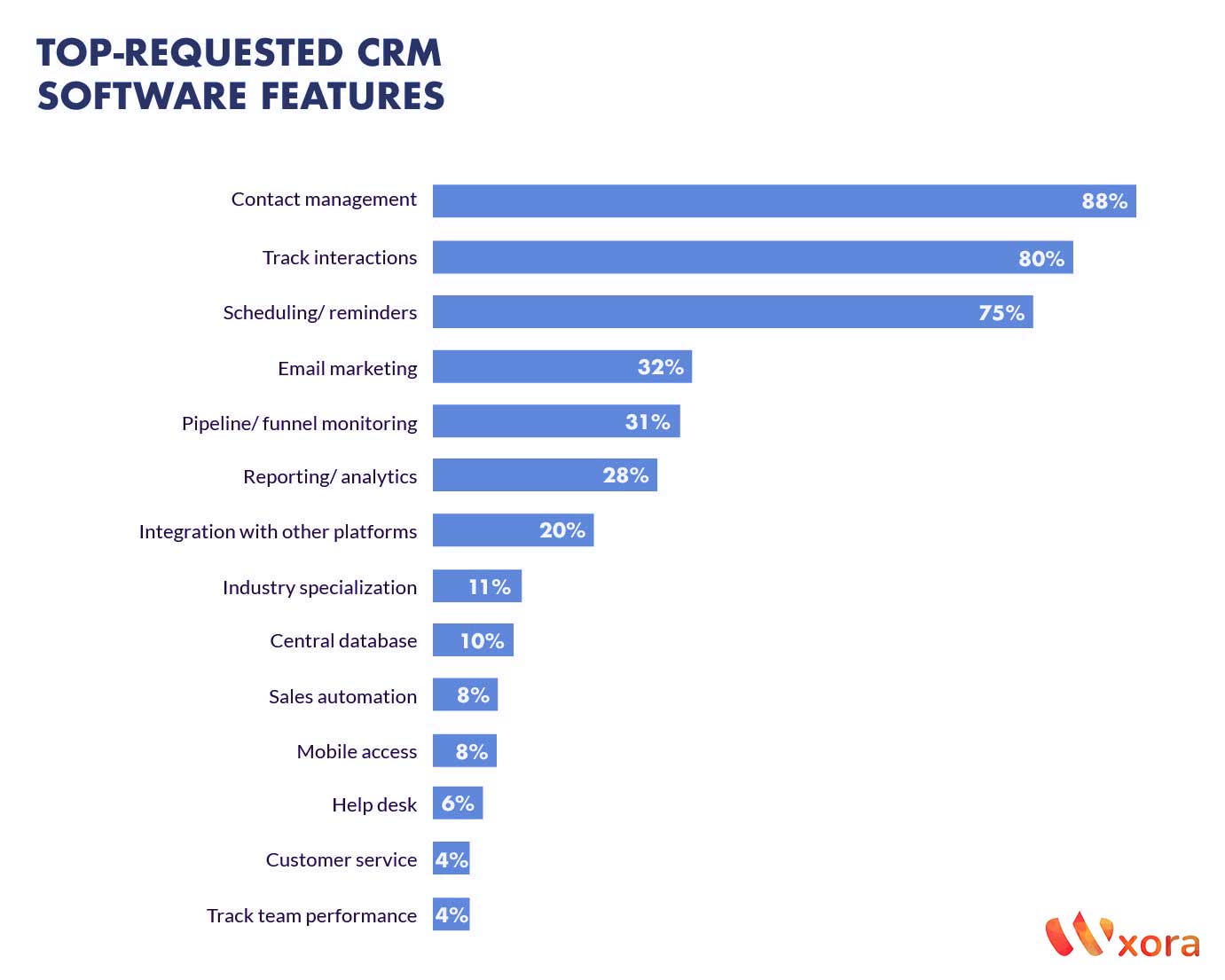
Business benefits of CRM
The process to find and setup the right CRM for your business can be time-consuming. However, the long-term benefits outweigh the initial implementation process.
Many CRM providers claim and hype themselves that they are the best. There are no such things.
CRM is like finding a suitable car for your to drive. There is no one car that suits everyone. And same goes for CRM.
However, how many variations between CRM providers they all share the following goal:
- Skyrocket sales via better timing due to forecasting needs based on data records.
- Cross-selling of other products by highlighting and suggesting alternatives or enhancements.
- Identifying needs more effectively by understanding specific customer requirements
- Segmenting which customers gives your business more profits and helps to scale.
These benefits get you to have a better marketing approach for your products and services by helping you to focus on:
- Laser targeted interactions aligned with your customer needs.
- Basically reading your customer’s mind.
- Developing the right products and services and avoids wasting money on services that had no real traction or interest from your customers.
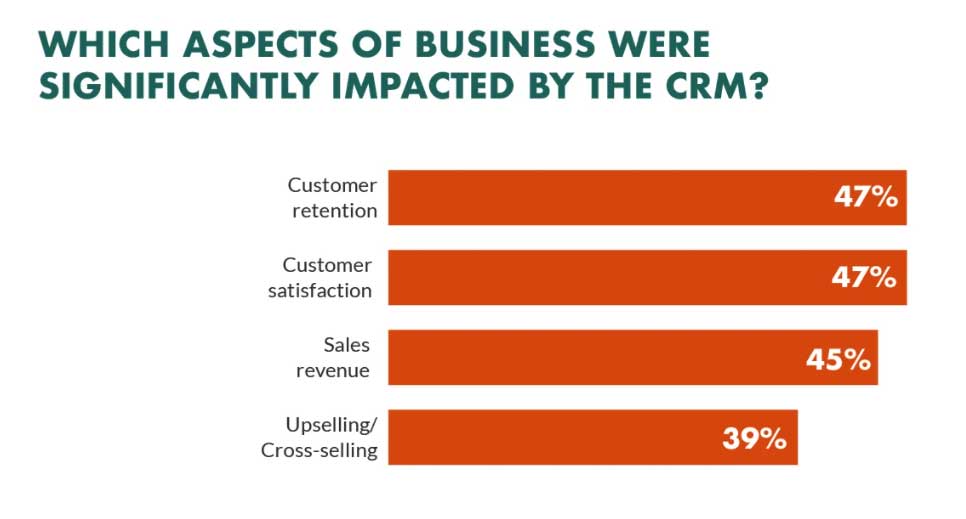
Types of CRM solution
CRM solutions fall into the following three broad categories.
Outsourced solutions
Usually this solution is a great approach if you don’t have in-house skills and would like to create the whole system from scratch.
Off-the-shelf solutions
You can find over hundreds of companies offering this solution.
This kind of software may only be suitable for small businesses.
The major benefit of this approach is that it is the cheapest solution.
On the other hand, high chance you’ll not be satisfied with it.
As you will need to fit your business around it and not that the solution will fit around your business.
You’ll have to trade-off some functions and some other functions you’ll find useless and totally unrelated to your business.
Custom software
The approach is perfect for the ones who are looking to tailor a solution around their business.
So you’ll find the people behind the implementation of CRM for your business are eager to know every detail related to your business model.
This gives them a better understanding of how your business work and how to service in the most relevant way possible.
The downside of this approach is that it might take time to customize the CRM for your business.
What CRM Should You Use?
Well, there are plenty on the market. from Zendesk, Zoho CRM, Salesforce, Wxora CRM, etc.
It really boils down to your needs and budget.
At Wxora we offer fully customized CRM for small and medium companies.
Not only that, we study and understand your business model to have a CRM that mirrors your business.
We have everything needed to grow your accounts, find new customers, make insightful decisions, and close deals faster — all in one place.
Maintaining and scaling your business will heavily rely on what kind of solutions you sign up for.
Third: ERP and What To Expect?
Like a CRM, ERP software is designed to streamline business operations.
While a CRM is heavily designed around the sales side of the organization.
The ERP system is fully focused on the operational and financial side of the organization and connecting multiple departments.
Enterprise resource planning (ERP) was never a standalone concept.
It was inspired by manufacturers using AI and tools to manage their resources and streamline their operations. It was called material requirements planning (MRP).
ERP is all about finances, payroll, inventory management, order management, supply chain management, and data related to services organizations.
You can feel the usefulness of ERP in procurement, production, distribution, and fulfillment as well. But of course, many new ERP systems has outgrown to include several services for eCommerce and CRM.
Business Benefits of ERP
The benefits of ERP can be summarized in one sentence. Putting all operations and financial data in one place.
Make life a whole lot easier for managers when it comes to reporting. And based on that, smarter and accurate decisions take place.
This can lead to new growth opportunities and massive efficiency across your organization.
Features you can utilize with an ERP system:
- Manage hiring initiatives
- Manage payroll & employee information
- Enter business process information in real-time
- Get alerts about issues
- Track manufacturing and supply chains
- Create enterprise-wide strategies
- Process orders
- Update accounts
What’s your approach to business?
Both ERP and CRM systems improve efficiencies in business processes. But an ERP system focuses on reducing costs by making business processes more efficient. Both solutions offer central repositories for customer data.
Still, a CRM system works best as a facilitator of higher sales volume and as an improvement in customer interactions. Regardless of business size, deploying a CRM or an ERP system is better than searching for customer data via email chains, handwritten notes, and instant chats.
Surely every business requires reliable customer relations management, to facilitate customer loyalty and satisfaction.
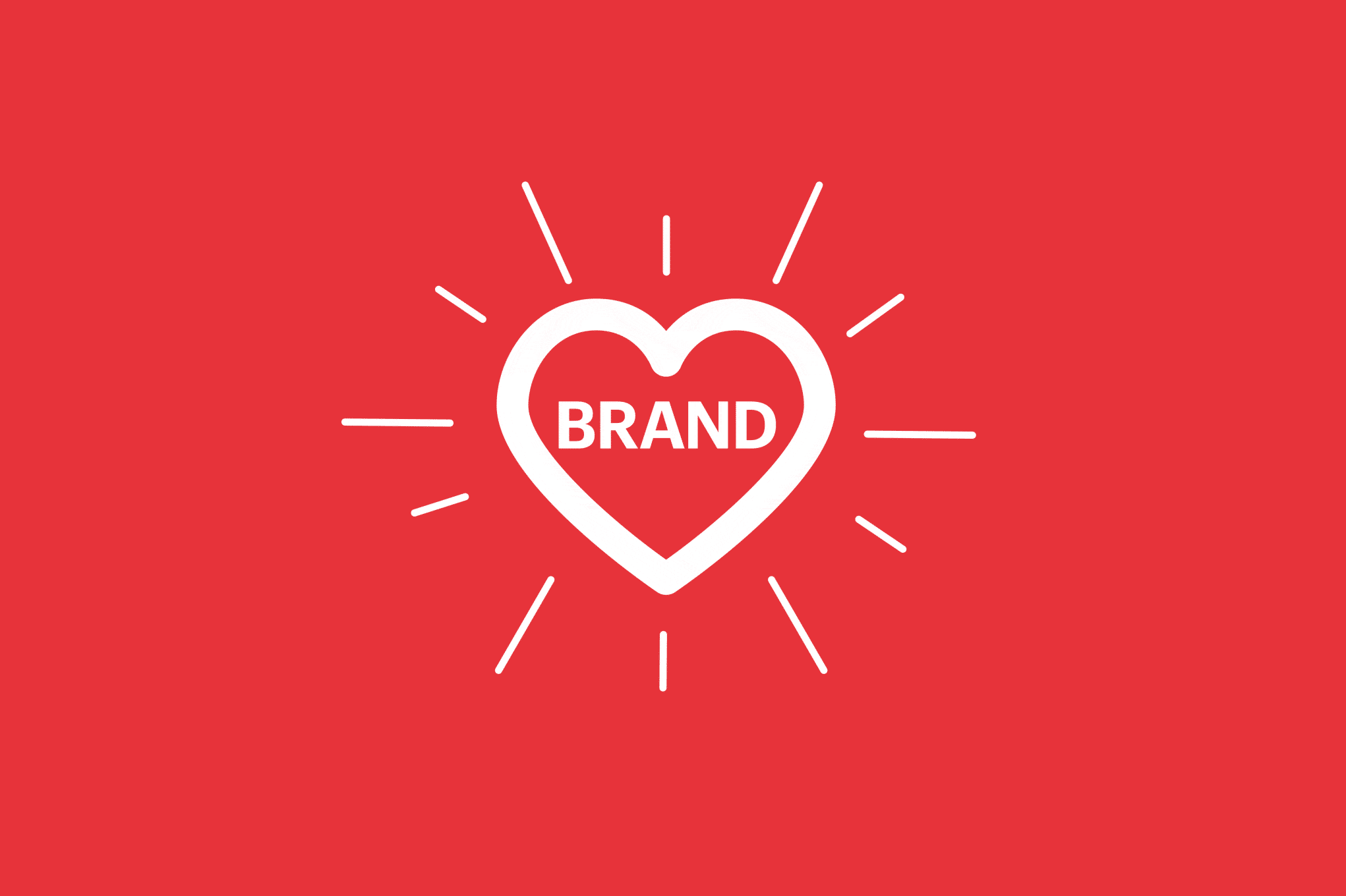
And once your business expands and you start to have various departments.
Then definitely adding an ERP system to the equation will give a real-time overview of what is happening in every department.
In addition, the more you want to grow the business the more you’ll see some sort of bigger operation scale, which will require serious automation, monitoring and management.
So which to go for, CRM or ERP?
If let’s say you have a priority to skyrocket your business growth via increasing sales and profits. Then definitely CRM functions and features are your answer.
If you are already in the scaling stage, then precision and accuracy are a priority in your business. Then your answer will be BOTH! ERP and CRM.
A CRM system drives sales, and an ERP system helps to streamline operations and reduce overall costs.
Why not have them work together to maximize your business growth?
There is some good news for you. You don’t really have to choose between many systems.
Wxora 360 combines both CRM and ERP features and can have it customized based on your business and industry.
WXORA 360: Combine CRM & ERP
For serious growth and business transformation, it’s always critical to implement technologies that will assist you and get your business to move faster and efficiently.
Wxora 350 unifies a CRM and an ERP cloud solution with features and functionalities tailored to improve customer service, sales, financials, operations, and more.
To illustrate, a salesperson can give an accurate and fast quote due to the access to financials, the right pricing, and discounting available at their fingertips.

They don’t have to waste time to check with one responsible for the financials to come up with how to price a service or a product.
All of this can be done entirely via a simple glance at the Wxora 360 system.
The operations can understand the customer’s complaint without waiting for the customer support to pass them the message.
All they need to do is to check the alert system. And they’ll be able to provide faster feedback.

It is a win-win. There are several subscription plans to meet any business budget!
To conclude, most growing businesses will need to combine CRM and ERP system to maximize their business growth.
One improves sales, and those revenues facilitate business processes.
Then, an ERP system optimizes those business processes. But, why choose between one or the other? Now, you can have both with Wxora 360.
